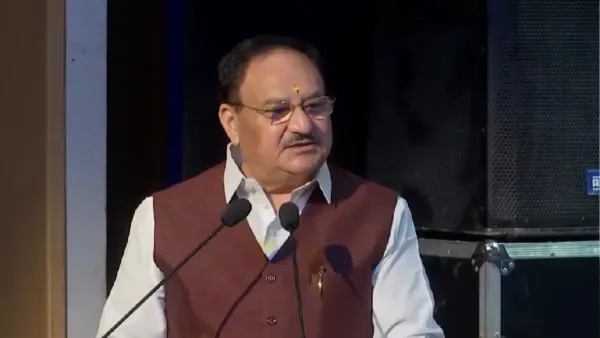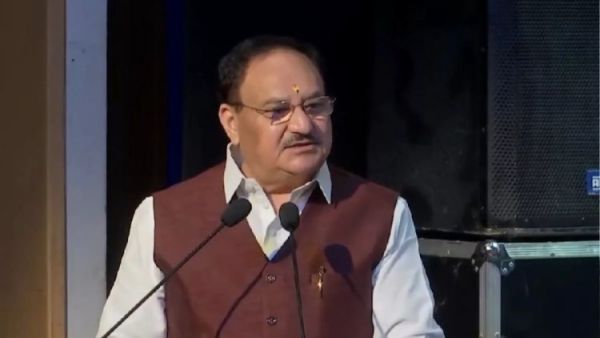
As tensions with Pakistan at the international boundary and LoC escalated to their worst level in decades, the federal government assessed border security, health, and cybersecurity readiness on Friday.

To assess the readiness of the nation’s hospitals’ health infrastructure, Union Health Minister J P Nadda met with high-ranking authorities. Officials from the health department informed him on their emergency readiness.
A high-level conference with the three military commanders to assess the security situation along the western border was presided over by Defence Minister Rajnath Singh.
According to a statement from the Ministry of Defence, “Defence Minister Rajnath Singh chaired a high-level meeting at South Block, New Delhi, today to review the security situation along the western border and operational preparedness of the Indian Armed Forces.”
Army Chief General Upendra Dwivedi, Navy Admiral Dinesh K. Tripathi, Air Force Chief Marshal AP Singh, Defence Secretary Rajesh Kumar Singh, and Chief of Defence Staff General Anil Chauhan attended the meeting.
In a similar incident, today afternoon Union Home Minister Amit Shah met with the paramilitary force director generals.
In the evening, Finance Minister Nirmala Sitharaman is scheduled to convene a review meeting with banks and other financial institutions on cybersecurity readiness amid fears of cyberattacks by Pakistani hackers.
Given the current tensions between India and Pakistan, experts are concerned that Pakistani hackers may attack the nation’s vital infrastructure.
These review sessions follow escalating tensions between India and Pakistan after Pakistan-backed terrorists carried out a vicious terror assault in Pahalgam, Jammu and Kashmir, last month, and India’s “Operation Sindoor” in reprisal.
India attacked nine terrorist locations in Pakistan and Pakistani-occupied Jammu and Kashmir (PoJK) as part of the military operation. Pakistan responded with heavy artillery and drone assaults targeting Indian military installations and civilian areas, while India chose a non-escalatory reaction by focussing only on terror bases.
However, India’s robust air defence systems stopped the Pakistani strikes, which occurred twice: first in the evening of Wednesday and again late Thursday.